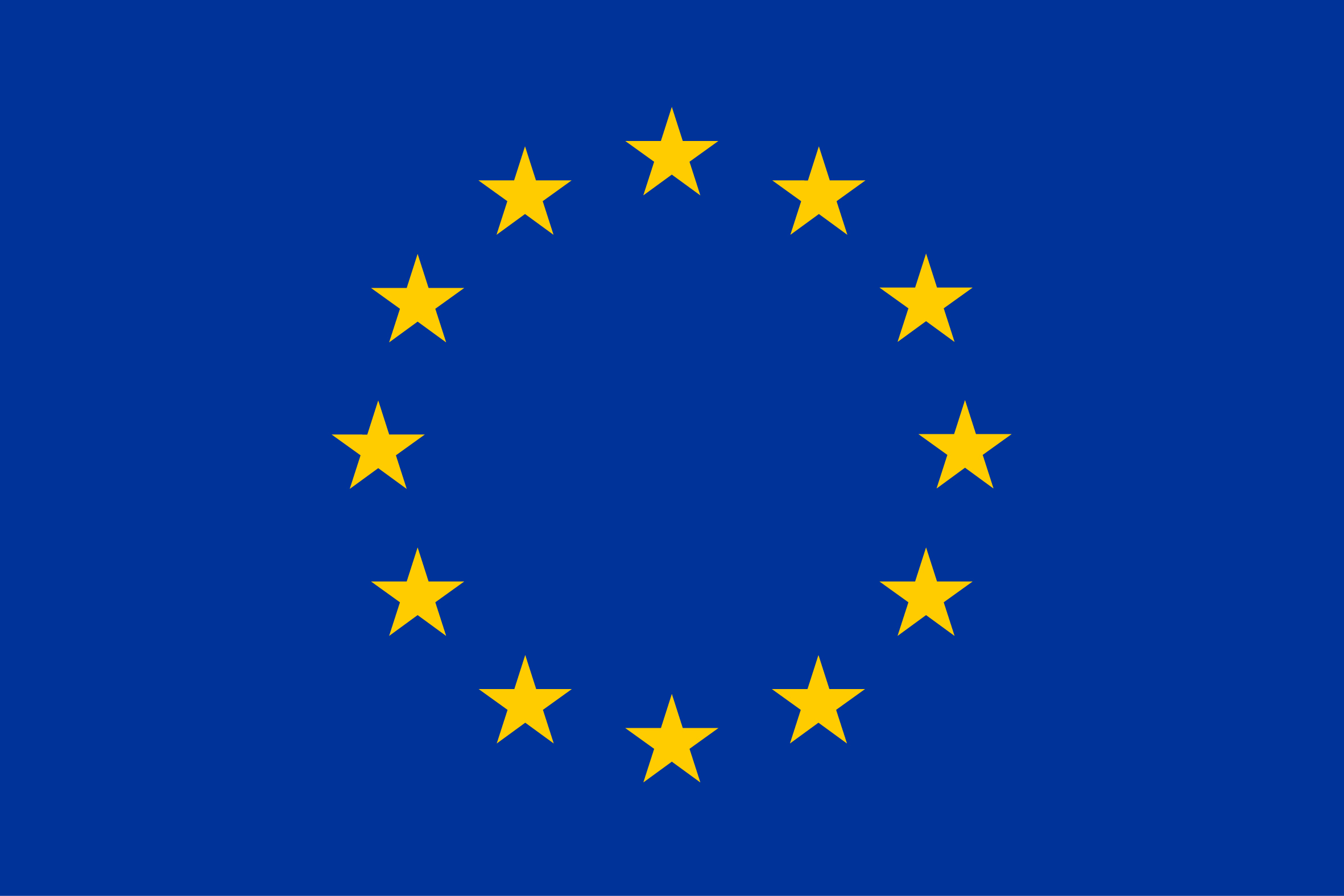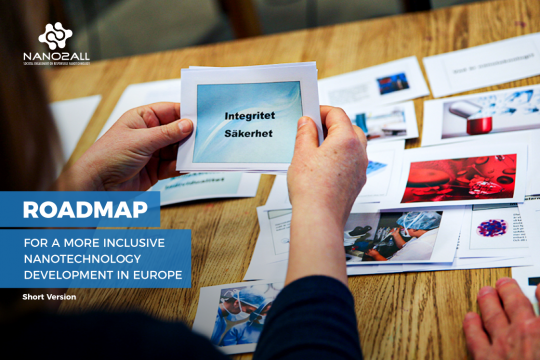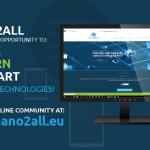What are benefits and risks of advancing nanotechnology research?
What are the expectations and concerns of the different people impacted by the development of this fast-growing field?
Could we gather this knowledge and design recommendations to shape future policies that will drive these advancements in a more responsible way?
NANO2ALL was an initiative funded by the Horizon 2020 Research and Innovation Programme of the European Commission which supported the cultivation of a Responsible Research and Innovation (RRI) governance ecosystem by enhancing transparency and public confidence, co-production of knowledge, societal engagement and informed dialogue as key factors in addressing societal concerns regarding the use of nanotechnology.
Led by SPI, a Portuguese consultancy organization that aims to support and promote innovation, NANO2ALL involved 12 partners including Ecsite.
The first goal of the project was to develop an online platform for mutual learning and societal engagement in responsible nanotechnology as the starting point of the many actions foreseen in the scope of the project.
Secondly, we designed activities to address knowledge gaps between the various people interested in advancing responsible nanotechnology. These many stakeholders included scientists, research funders, policy-makers, industries, the media and, of course, citizens.
To identify a shared understanding of the benefits and risks of advancing responsible nanotechnology, we organised constructive citizens-only and later national multi-stakeholder dialogues. Six Ecsite members hosted and promoted these local initiatives that feed an EU-level dialogue whose objective was to develop an innovation agenda to be used by policy-makers at national and EU level that is based on and starts from societal needs, values and purposes.
Our final goal was to suggest evidence-based recommendations and develop a roadmap to enhance societal engagement in responsible nanotechnology: the NANO2ALL Roadmap for more inclusive nanotechnology development in Europe.
We believe that NANO2ALL improved citizens’ awareness, increase public trust, led a better acceptability of nanotechnologies’ based products and solutions, and finally, contributed to a more inclusive European society.

 NANO2ALL received funding from the European Union’s Horizon 2020 Research and Innovation Programme under Grant Agreement no.685931
NANO2ALL received funding from the European Union’s Horizon 2020 Research and Innovation Programme under Grant Agreement no.685931








